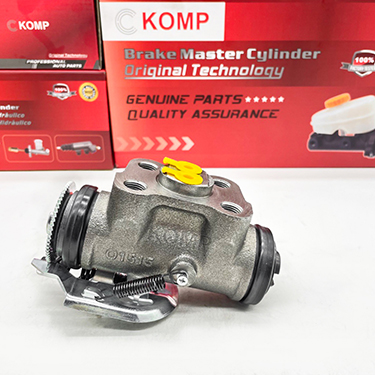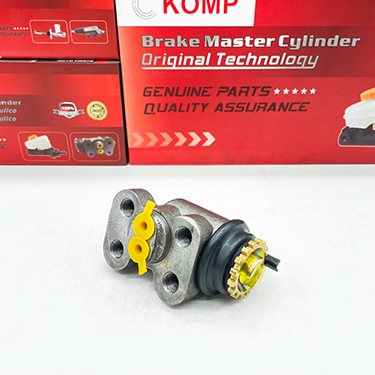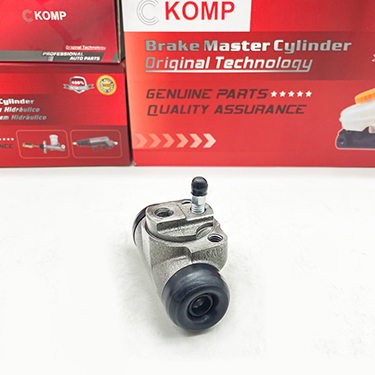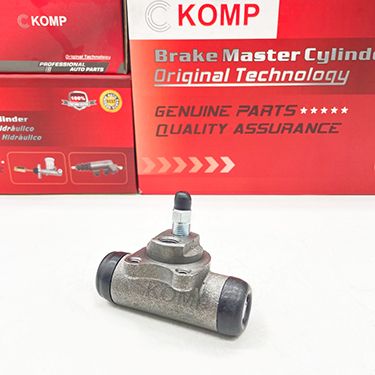The brake cylinder, like the brake master cylinder, is an important component of the vehicle braking system, and the braking system is the component that controls the vehicle.


Due to wear and tear or improper usage habits, there may be some problems with the brake cylinder during use. One common problem is leakage, which can be caused by damage to the internal seals of the brake cylinder or corrosion due to long-term use. Leakage of the brake cylinder can lead to the loss of brake fluid, resulting in a decrease in braking performance or complete failure. The second problem is that the piston is stuck due to internal corrosion or debris, causing the brake pedal to not fully engage, resulting in uneven braking or a soft feel on the brake pedal.


Regular maintenance is the key to maintaining the good condition of the brake cylinder. As a car owner, with some professional knowledge, you can regularly check the wheel cylinder for signs of leakage, such as wet spots or dripping brake oil; Regularly flush brake oil according to the manufacturer's recommendations to prevent corrosion and maintain hydraulic pressure; Check if the brake pads are worn and replace them if necessary to prevent damage to the brake cylinder; Regularly clean the brake components, remove debris, prevent corrosion, and avoid affecting the performance of the brake cylinder. In addition, if you find any problems with the brakes, such as noise or decreased braking performance, please contact a professional to inspect the vehicle's braking system, including the brake cylinder.
The brake cylinder is a crucial component in vehicles, so remember to pay attention to the vehicle's driving status to ensure your road safety.